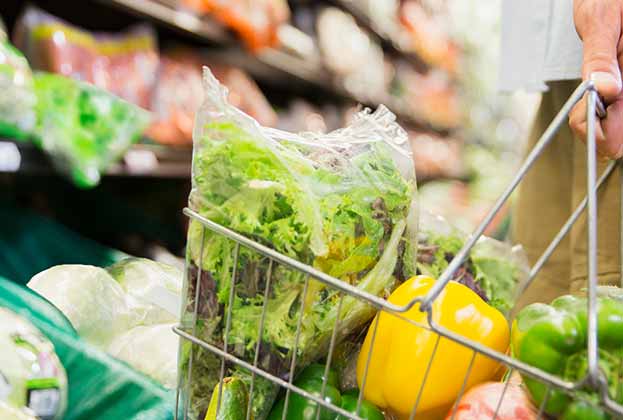Landlords and tenants are going to benefit from taking a mutually collaborative approach to one another in these unprecedented times
News that global restaurant chain Vapiano has filed for insolvency after being forced to close its 230 restaurants around the world, three of them in Prague, is a stark illustration of the effects of the coronavirus pandemic on the retail real estate sector. However, the pain will not be felt equally across the industry and the long-term effects of this crisis will throw up some interesting strategic questions for landlords and developers to consider over the medium to long term.
It is undoubtedly a difficult operating environment currently for retailers of all stripes, though certain sectors that have been permitted to remain open during the government-imposed lockdown in the Czech Republic, such as grocery, pharmacy, drug stores and purveyors of other essential goods, are seeing a significant short-term uptick in sales.
There is also growing evidence that employment in some areas of retail being particularly hard hit by the crisis, like restaurants and non-essential sectors (e.g. clothing, footwear, sportswear etc.), is shifting to segments that are benefitting from it, like grocery and e-commerce. Grocery stores in the Czech Republic are on rapid hiring sprees, including delivery drivers for Tesco to fulfil a backlog of online shopping orders. The upshot is that we are unlikely to see mass unemployment in the retail sector, as jobs are not being lost (and not replaced) across the board; rather, they are being directly transferred to sectors experiencing above-normal activity.
For landlords, the imposed restrictions are likely to impact cash flow in the short term, mainly due to the reduced opportunity to collect full rental and charges income. With many tenants suffering immediate and potentially sustained stoppage to their revenues, cashflow shortages are going to quickly become a significant problem for landlords, further compounded if fixed costs continue to be paid. As there is no precedent for the international quarantine situations in place, each landlord and tenant is going to need to remain in dialogue and work with each other to minimise losses. As the crisis continues, we expect to see corporate-level positions from the main landlords on how they propose to approach the crisis. We have so far seen the international landlord Ikea, for instance, take the bold, proactive step of waiving the rent and charges for tenants across its retail centres in Europe until the end of emergency measures. This is a huge undertaking and one that is likely to have ramifications for other major landlords.
.jpg)









